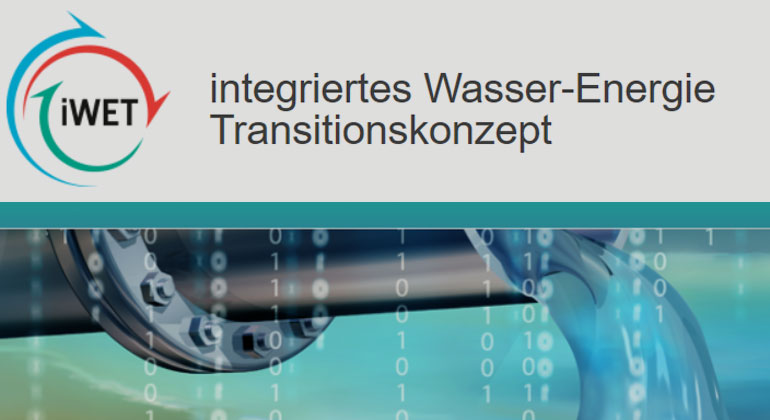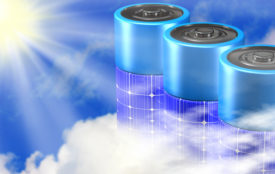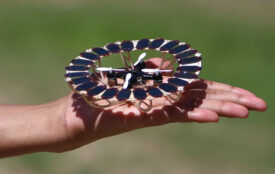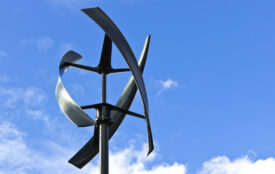Sustainable urban water infrastructures
Go-ahead for demonstration project in Lünen
With the i.WET concept Fraunhofer ISI has developed a practical concept for water reuse which supports a near-natural urban water cycle. Compared to conventional water infrastructure it is characterized by an improved energy balance and a range of ecosystem services. A demonstration project, which integrates i.WET into a new housing area, is starting in Lünen, North Rhine-Westphalia.
he water infrastructure in German cities faces great challenges: Climate change leads to an increase in heavy rain and changed rainfall patterns, demographic change to a different population structure, increasing scarcity of raw materials to the necessity to improve resource efficiency. The water infrastructure has to be adapted to these new conditions.
The way to sustainable and resilient cities demands a new approach to dealing with water. The concept i.WET (integrated WaterEnergyTransition concept) of the Fraunhofer Institute for Systems and Innovation Research ISI decouples less polluted partial currents such as gray and rain water from the municipal waste water. Water that is not reused in households flows into the so-called energy alley, a grass verge designed as a soil filter with moisture loving plants. This has different advantages: The biomass which is created there can be used as a source of energy, the water storage in the energy alley reduces the threat of flooding, the environment becomes greener and the micro climate is improved.
Thus i.WET supports a near-natural urban water cycle, is a barrier for nutrients and harmful substances, makes use of a near-natural urban water cycle, upgrades the urban landscape and improves resource efficiency which also helps to reduce costs.
About the project:
In the project “i.WET demonstration project in Lünen“ the project team is first of all planning to implement the concepts in the demonstration area “Coers-Fläche“ in Lünen. Subsequently the construction and implementation phase is scientifically supported. At the moment the beginning of the construction phase is planned for late 2018/early 2019. The project team includes the Fraunhofer Institute for Systems and Innovation Research ISI, the Bauverein Lünen and the municipal waste water disposal Lünen. The scientific support of the implementation is financially supported by the foundation Stiftung Zukunft NRW.
- At the IFAT 2018 (14-18 May 2018, Munich) Fraunhofer ISI will present more information on the project (Stand: Hall B2, Stand 215/314).
- More information can be found at http://www.integrierte-wasser-energie-transition.de.








